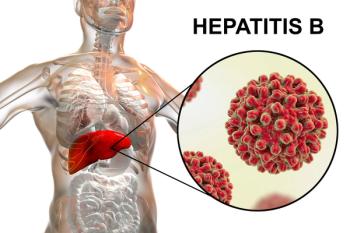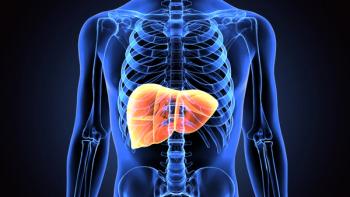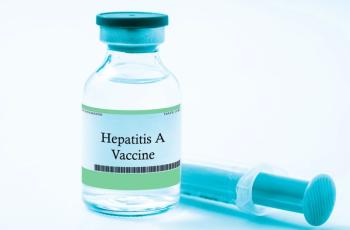
ICER Gives NASH Drug Resmetirom High Marks, Obeticholic Acid Not So Much
At a placeholder price of $19,000, resmetirom would produce cost savings, says the drug evaluation group. Obeticholic acid’s price would need to be slashed to meet a commonly used cost-effectiveness threshold.
The Institute for Clinical and Economic Review (ICER) issued a
In its economic analysis, ICER used a placeholder price of $85,000 per year for obeticholic acid, so the price would need to be much lower than that to be cost effective.
Both drugs have been developed as treatments for
NASH is relatively common with an estimated prevalence of between 1.5% and 6.5% in the adult population, and drug developers have been eyeing it as a market for years.
Obeticholic acid, sold under the brand name
ICER, an independent drug evaluation group in Boston, gave resmetirom higher marks than obeticholic acid in its evaluation of the potential clinic benefits of the drugs.
Based on evidence from clinical trials and the phase 3 MAESTRO-NASH trial, in particular, the ICER analysis concludes that resmetirom is likely to reduce the worsening of NASH to cirrhosis — severe scarring of the liver — but also found that the magnitude of that benefit was uncertain. The report says the harms from the resmetirom appear to be small, although diarrhea is a common side effect and discontinuation rates increase at higher doses due to adverse events. ICER gave resmetirom a grade of C++ in its complicated grading system for clinical benefit, which means “moderate certainty of a comparable, small or substantial net health benefit with high certainty of at least a comparable net health benefit.”
ICER gave obeticholic acid a lower grade of “promising but inconclusive,” which means the group’s analyst se “moderate certainty of small or substantial net benefit” but also a small likelihood of “negative net health benefit.” The report says obeticholic acid’s association with increased LDL cholesterol levels associated is “particularly concerning” because cardiovascular is the main cause of death in patients with NASH. The ICER report also mentions that pruritis (itchy skin) is a common side effect and that there have been reports of liver decompensation and death among people who have taken obeticholic acid as a treatment for primary biliary cholangitis
Using a placeholder price of $19,000 a year for resmetirom, ICER’s economic analysis showed that over a lifetime, the drug would result in cost savings of $20,000 relative to standard care for NASH ($371,000 vs. $391,000) and small gains in three measures of health and longevity (life years, quality-adjusted life years and equal-value years).
In contrast, using a placeholder of $85,000, the ICER analysis showed that using obeticholic acid as a treatment for NASH would result in a cost increase of $420,000 relative to standard care ($811,000 vs. 391,000).
As with resmetirom, ICER’s calculations show that relative to standard care, obeticholic acid would result in improvements in several measures of health and longevity.
“If the price of (obeticholic acid) is not substantially reduced from the price of the approved (lower) doses used for (primary biliary cholangitis), it will not meet typical cost-effectiveness thresholds,” the report concludes.
Newsletter
Get the latest industry news, event updates, and more from Managed healthcare Executive.

























